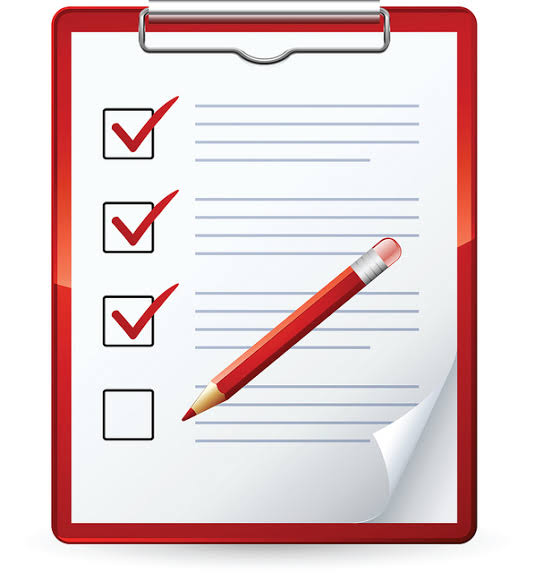Contributed by: Areeba Bashir Chachar
Roll no: 2k19/BEDS/21
Functions of Evolutions

Evaluation:
Definition: the process of making judgments about the results of measurement in terms of the purpose of the measurement.

Evaluation is a broader term than the Measurement. It is more comprehensive than mere inclusive than the term Measurement. It goes ahead of measurement which simply indicates the numerical value. It gives the value judgement to the numerical value. It includes both tangible and intangible qualities. Evaluation focuses on grades and may reflect classroom components other than course content and mastery level.
Evaluation is:
- Summative
- Final result
- To gauge quality
- Product oriented
evaluation could be of Student, Teacher or the program and courses. Everything has its own Function and purpose for existing so does evaluation in educational field.
Basic five components of evaluation
- Audience
- Purpose
- Questions
- Scope
- Recourses
Functions of Evaluation:
The main aim of teaching learning process is to enable the pupil to achieve intended learning outcomes. In this process the learning objectives are fixed then after the instruction learning progress is periodically evaluated by tests and other evaluation devices.
The function of evaluation process can be summarized as following:

1. Evaluation helps in preparing instructional objectives:
Learning outcomes expected from class-room discussion can be fixed by using evaluation results.
What type of knowledge and understanding the student should develop?
What skill they should display?
What interest and attitude they should develop?
Can only be possible when we shall identify the instructional objectives and state them clearly in terms of intended learning outcomes. Only a good evaluation process helps us to fix up a set of perfect instructional objectives.
2. Evaluation process helps in assessing the learner’s needs:
In the teaching learning process, it is very much necessary to know the needs of the learners. The instructor must know the knowledge and skills to be mastered by the students. Evaluation helps to know whether the students possess required knowledge and skills to proceed with the instruction.

3. Evaluation help in providing feed back to the students:
An evaluation process helps the teacher to know the learning difficulties of the students. It helps to bring about an improvement in different school practices. It also ensures an appropriate follow-up service.
4. Evaluation helps in preparing programmed materials:
Programmed instruction is a continuous series of learning sequences. First the instructional material is presented in a limited amount then a test is given to response the instructional material. Next feedback is provided on the basis of correctness of response made. So that without an effective evaluation process the programmed learning is not possible.
5. Evaluation helps in curriculum development:
Curriculum development is an important aspect of the instructional process. Evaluation data enable the curriculum development, to determine the effectiveness of new procedures, identify areas where revision is needed. Evaluation also helps to determine the degree to what extent an existing curriculum is effective. Thus, evaluation data are helpful in constructing the new curriculum and evaluating the existing curriculum.

6. Evaluation helps in reporting pupil’s progress to parents:
A systematic evaluation procedure provides an objective and comprehensive picture of each pupil’s progress. This comprehensive nature of the evaluation process helps the teacher to report on the total development of the pupil to the parents. This type of objective information about the pupil provides the foundation for the most effective co-operation between the parents and teachers.
7. Evaluation data are very much useful in guidance and counselling:
Evaluation procedures are very much necessary for educational, vocational and personal guidance. In order to assist the pupils to solve their problems in the educational, vocational and personal fields the counsellor must have an objective knowledge of the pupil’s abilities, interests, attitudes and other personal characteristics. An effective evaluation procedure helps in getting a comprehensive picture of the pupil which leads to effective guidance and of counselling.
8. Evaluation helps in effective school administration:
Evaluation data helps the administrators to judge the extent to which the objectives of the school are being achieved, to find out strengths and weaknesses of the curriculum and arranging special school programmers. It also helps in decisions concerning admission, grouping and promotion of the students.

9. Evaluation data are helpful in school research:
In order to make the school program more effective, researches are necessary. Evaluation data help in research areas like comparative study of different curricula, effectiveness of different methods, effectiveness of different organizational plans, etc.
Consider doing a “best practices” review of your program before proceeding with your evaluation.